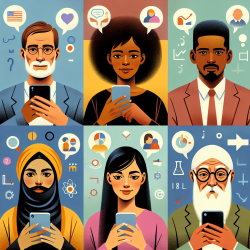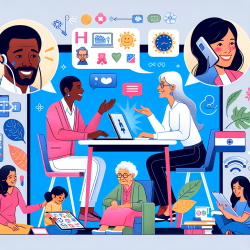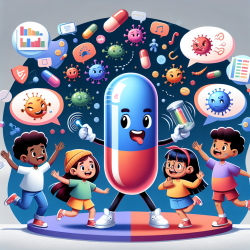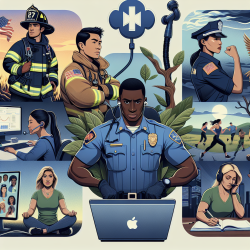In the ever-evolving landscape of mental health care, recent research highlights the promising potential of mobile phone–delivered online therapy for treating depression. The study titled "Feasibility of a Therapist-Supported, Mobile Phone–Delivered Online Intervention for Depression: Longitudinal Observational Study" offers key insights that can help practitioners enhance their skills and encourage further exploration in this field.
1. Feasibility and Effectiveness
The study found that mobile phone–delivered therapy is feasible and effective in reducing depression symptoms. With dropout rates as low as 15% and significant symptom reduction observed, this approach shows promise for wider adoption.
2. Importance of Daily Practice
One of the standout findings is the importance of daily practice. The research showed that consistent daily practice of cognitive behavioral and mindfulness exercises through the mobile app significantly predicted reduced depression symptoms.
3. Group Chat Engagement
Another crucial element was the use of weekly group chats. Participants who engaged more frequently in these group chats also showed greater reductions in depression symptoms. This underscores the value of community and peer support in online interventions.
4. Therapist Support Matters
The study emphasized the role of therapist support. Participants had access to licensed therapists via chat and phone, which helped maintain engagement and provided necessary guidance. This human element is critical in the success of online interventions.
5. Areas for Future Research
While the results are promising, the study also identified areas for future research. Enhancing design features to sustain daily practice and group chat use, and validating these findings through controlled studies, are essential next steps.
By integrating these insights, practitioners can improve their online therapy offerings and contribute to the growing body of research in this area. To read the original research paper, please follow this link: Feasibility of a Therapist-Supported, Mobile Phone–Delivered Online Intervention for Depression: Longitudinal Observational Study.










